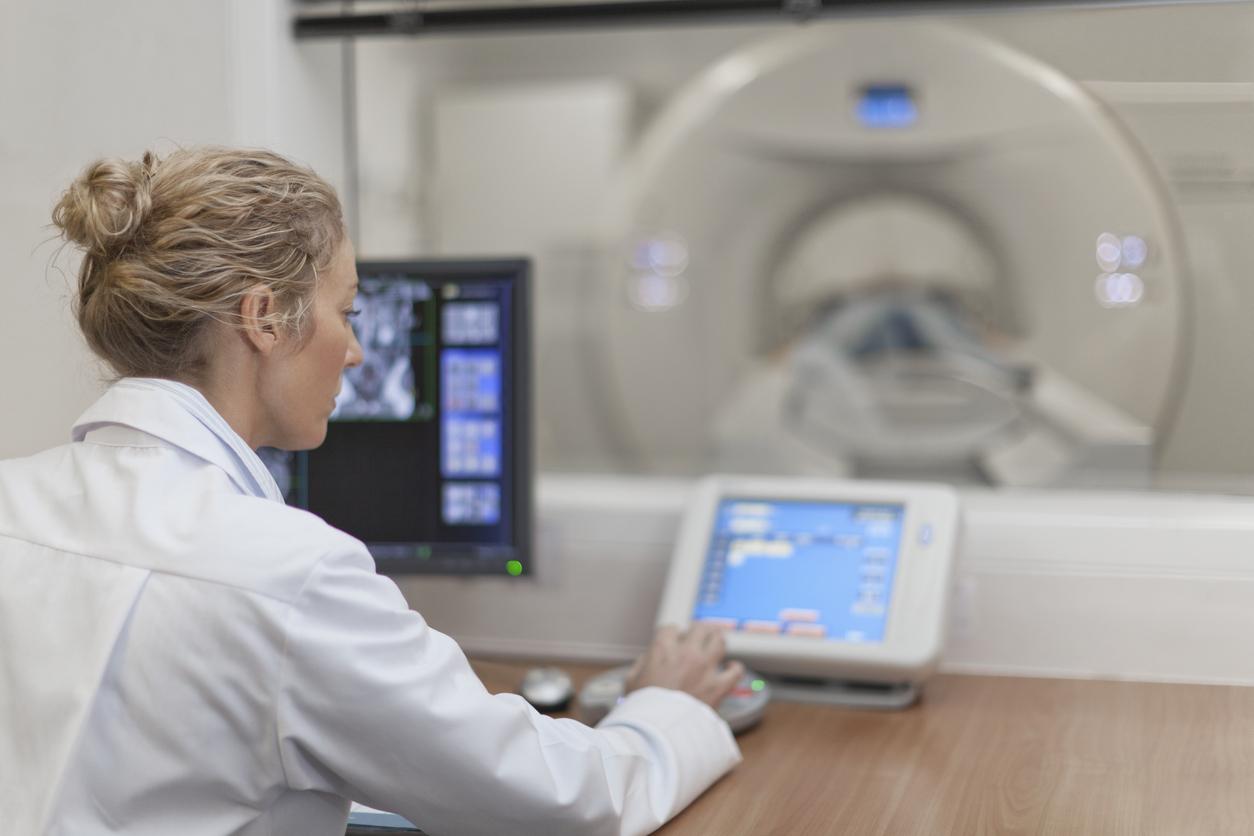The technique of neurofeedback makes it possible to strengthen cerebral connections that had deteriorated due to depression. It is effective on areas of the brain related to self-esteem and guilt.

Treating depression by stimulating your brain: according to researchers from The D’Or Institute for Research and Education, located in Rio de Janeiro, the technique of neurofeedback would increase the connections between certain brain areas to allow patients to regain self-confidence. Their results were published in the journal NeuroImage Clinical.
Boost brain connections
The technique of neurofeedback consists of training your brain to modify its activity. With stimulation exercises, it is possible to modify electrical signals emitted by the brain to treat psychological disorders such as epilepsy or depression. Concretely, the patient visualizes the electrical signals of his brain on a screen, helped by the doctors, he must modify them by rethinking situations associated with specific feelings.
The level of connectivity visible in the form of a thermometer
28 people with a history of major depressive disorder participated in the study. All were in remission, the researchers did not want to take the risk of aggravating the symptoms of sick patients. In previous research, the scientific team found that people who are depressed and have a strong tendency to feel guilty have fewer connections between two areas of the brain: the right anto-superior temporal region and the anterior cingulate cortex. During the experiment, the patients could all see the level of connectivity, in the form of a thermometer, between these two parts of the brain on a computer screen.
Improved self-confidence at the end of the experience
The researchers asked them to remember certain situations while modifying their feelings vis-à-vis them: for example, rethinking an event while trying to get rid of the feeling of guilt. “The thermometer, when it reached the maximum, indicated to the patients that they were successful in the exercise”, explains Roland Zahn, the main author of the study. The participants were divided into a control group and a work group, but they did not know which they were in. In the first, the thermometer only increased if the connectivity remained the same between the two brain regions. Functional MRI analyzes show that the number of connections only increased in the working group. For this part of the participants, the examinations by questionnaire showed that they had gained in self-confidence after the experience. “Even if functional MRI is expensive, it does not represent more than other treatments, analyzes a co-author of the study, and it could make it possible to offer an alternative to patients who do not respond to conventional therapies.” Depression is one of the most common mental illnesses. In France, between 15 and 20% of the population would be affected during their lifetime.

.

















